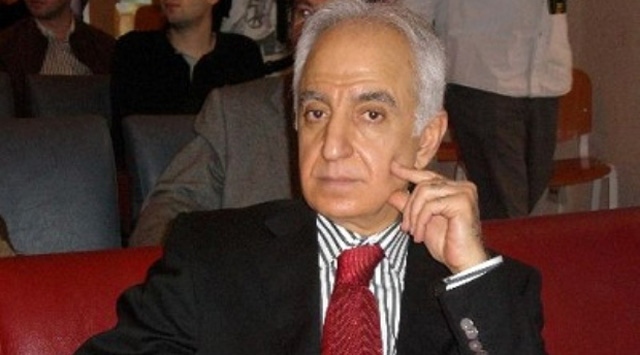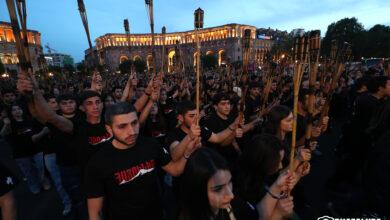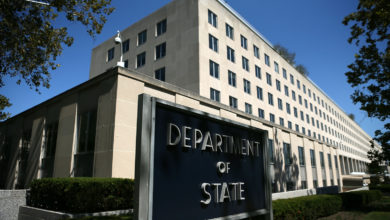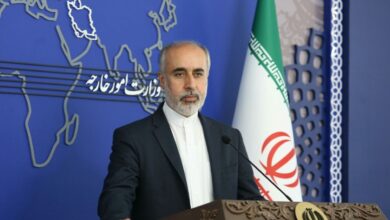
The judge recently appointed as the chief ombudsman of Turkey’s newly created ombudsman institution has a history of failing to respect human rights standards, and his appointment risks the effectiveness of the new institution.
Mehmet Nihat Ömeroğlu was sworn in by Parliament as head of the ombudsman institution on December 5, 2012. The body was approved by parliament in June but has not yet been established. Ömeroğlu was among the judges in the Court of Cassation, Turkey’s highest court, who in 2006 upheld the conviction of the Turkish-Armenian journalist Hrant Dink for “insulting Turkishness” under the notorious article 301 of the Turkish Penal Code. Over the past week he has publicly stated to the newspaper Yeni Safak that Dink’s writing “constituted a clear violation of article 301” and to the newspaper Radikal that “[we] made our decision on this case on the basis of our conscience.”
“The newly appointed ombudsman continues to stand behind a court decision that the European Court of Human Rights strongly condemned as a violation of free speech,” said Emma Sinclair-Webb, senior researcher for Turkey at Human Rights Watch. “If the government is serious about creating an ombudsman institution that champions citizens’ rights, it should reconsider this appointment.”
Ömeroğlu was sworn in a week after the majority of members of parliament from the ruling Justice and Development Party (AKP) voted for his appointment over two other candidates.
The decision to convict Dink targeted his writing on the impact on Armenians of the mass killings in 1915. Dink was assassinated in January 2007. In 2010, the European Court of Human Rights found Turkey to have violated Dink’s right to freedom of expression with the article 301 conviction, and to have failed to protect Dink’s life in the face of evidence known to the authorities that Dink faced a real and imminent threat in the form of plots to kill him.
The ombudsman will be separate from the National Human Rights Institution, which the government has also made a commitment to establish. While the ombudsman can provide an important mechanism to investigate citizens’ complaints against state officials and institutions, its effectiveness will depend on the person leading it and the way its powers are used, Human Rights Watch said. The ombudsman law provides for the creation of an “independent and effective complaints mechanism” to scrutinize “all kinds of activities by the authorities and their conduct” and to investigate, research, and make recommendations in conformity with “an understanding of justice based on human rights.” The law provides for five ombudsmen to work under the chief ombudsman, a general secretary, and other personnel.
However, the law also states that the ombudsman institution is excluded from scrutiny over “solely military activities of the Turkish Armed Forces.” Following his visit to Turkey from November 26 to 30, Christof Heyns, the United Nations special rapporteur on extrajudicial, summary, or arbitrary executions, spoke of the risk that the provision could exclude the military from “human rights scrutiny.”
“The concern is that the ombudsman will not be allowed to scrutinize the military, even when they are implicated in serious human rights abuses,” Sinclair-Webb said. “Given the track record of the military in Turkey, it is vital not to use this provision to shield the military from being investigated.”










